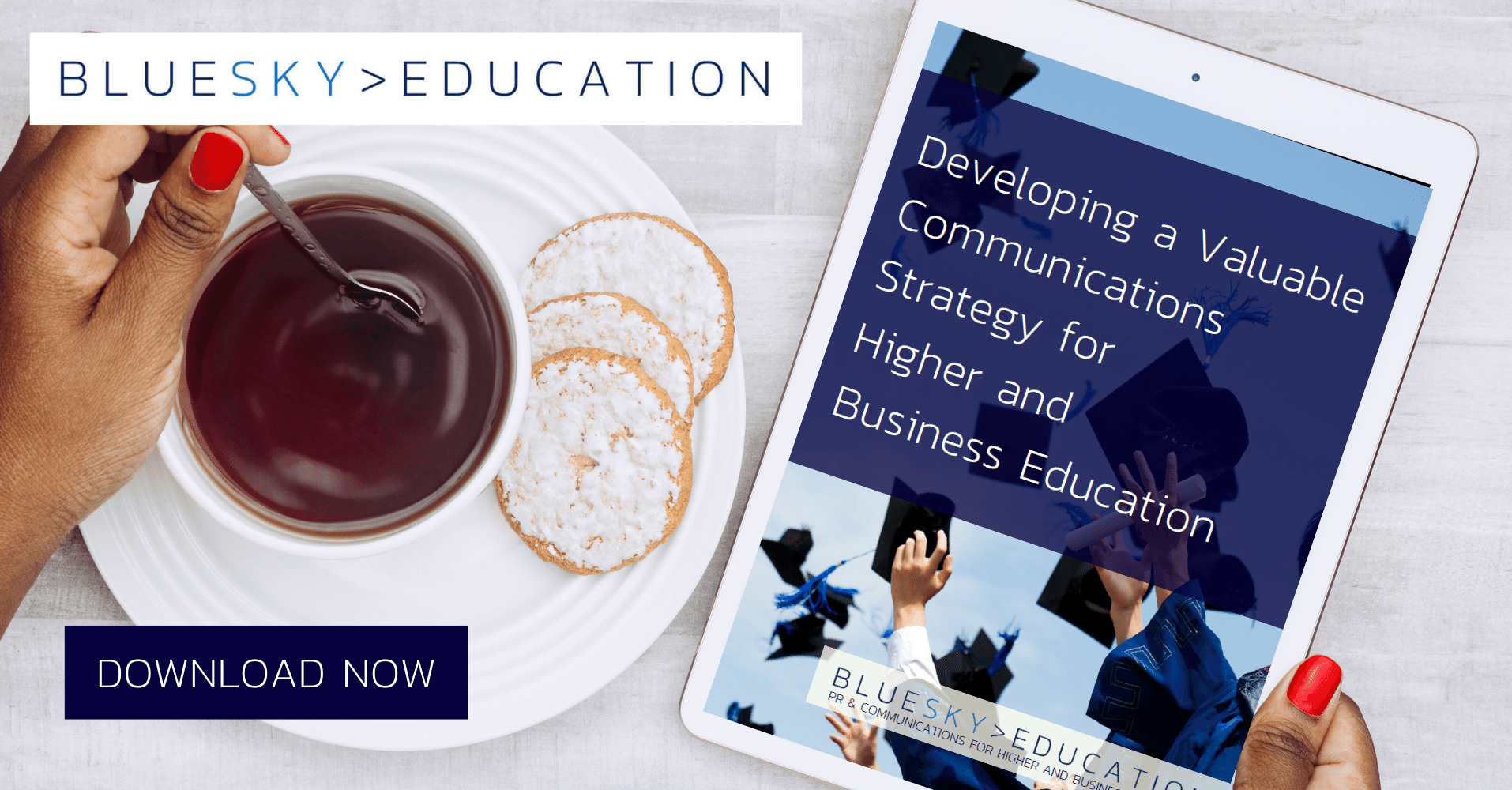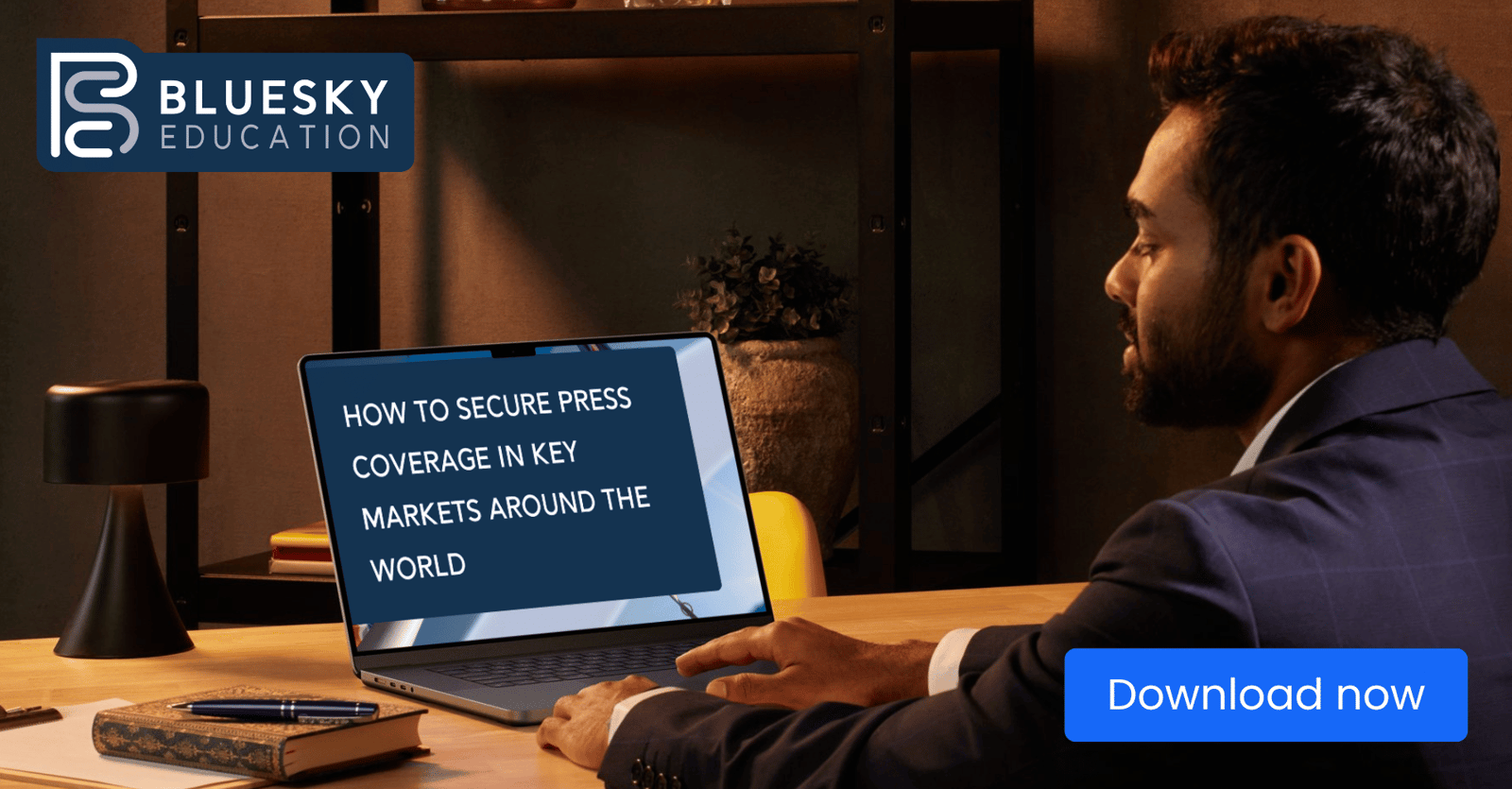When you step into the role of media spokesperson, it is full of challenges and pitfalls that could prove costly. But rather than viewing the dangers, it should be seen as the land of opportunity that can take your organisation forward. It is the chance to enhance your school’s brand and reputation.
Press and broadcast coverage in the media is one of the most powerful ways to build your professional reputation—and showcase your organisation.
What makes an effective media spokesperson?
Know your organisation
It is crucial that you know your organisation, exactly what it does and how. You need to know your people and who the experts are that you may need to work with quickly when that call from the media arrives.
You need to know the media that are most important to your organisation and to proactively build a relationship with them, so that you are able to get the best out of the good stories as well as the bad. Find out what journalists are specifically interested in and what publications they write for. You won’t be successful if you don’t know what they cover and whether they would be interested in your research, faculty or school. It doesn’t need to be a shot in the dark when talking to media.
Keep calm and confident
Another key attribute that is important is to be cool under pressure. When that media call arrives on a difficult issue, keep to the company script and don’t waiver - realise that any slip could be interpreted the wrong way.
But also, don’t forget that you are the one who knows your research or school through and through. A question might be tricky, but you are the one who has done the work and has the knowledge. Nerves are normal, but don’t underestimate yourself!
Be quick to respond
Responding at speed is essential. If you get a reputation for quick and helpful answers you’ll soon gain the reputation for being that ‘go to’ person. As much as gaining first-class coverage, it can also be the means to nip in the bud a crisis situation.
Crisis management
If there is a crisis, you need to strike a balance of honesty and being economical with the truth. One water company chose to hide a chemical infusion into its supply and met with an almighty court case, while another in a similar situation was upbeat, positive and honest about the situation to let the public know quickly so that preventative measures could be taken. That is a valuable approach to take.
For most of us, media relations isn’t about crises or problems. But it’s important to be prepared and ready to react.
Never forget that anything you say to a journalist can be quoted. There is no such thing as off the record! So, if you don’t want something to be published, don’t say it.
My top piece of advice on becoming a media spokesperson
Another important lesson is to ensure maximum availability - it is good to be available round the clock – many media spokes people might not like that but it can lead to first-class results for certain organisations.
This doesn’t necessarily mean that you need to be checking your emails constantly, or flipping open your laptop on the weekends. But to have a touch of flexibility, whether that be to accommodate for an international zoom at 7pm, or perhaps a work call whilst you are on the train can never hurt.
Relationships
And finally, it always comes down to relationships.
Of course, many organisations won’t have the product or service that is a front-line news focus. So, it’s important to build relationships with the most relevant media, to look out of the box to sell opportunities that might gain that vital piece of coverage.
When it comes to talking to the press, don’t be nervous, hesitant or weak. Be strong and positive and if you don’t know the answer or can’t respond immediately, provide a call to action. Ask for a deadline and respond within in that time, even if it’s just to say that you’re still on the case.
You’ll win plaudits for being on their case – and with it you’ll be on your way to being a media success story.
BlueSky Education’s experienced media team is regularly trained by an award-winning former radio and television news journalist from the BBC, as well as media trainers formerly with the IHT and Times of London. We can consequently provide ongoing media training for university staff and faculty to prepare the strategic content and delivery for all types of interviews with the press without passing along any of the costs involved in this. 
Originally posted April 2017, updated December 2021






